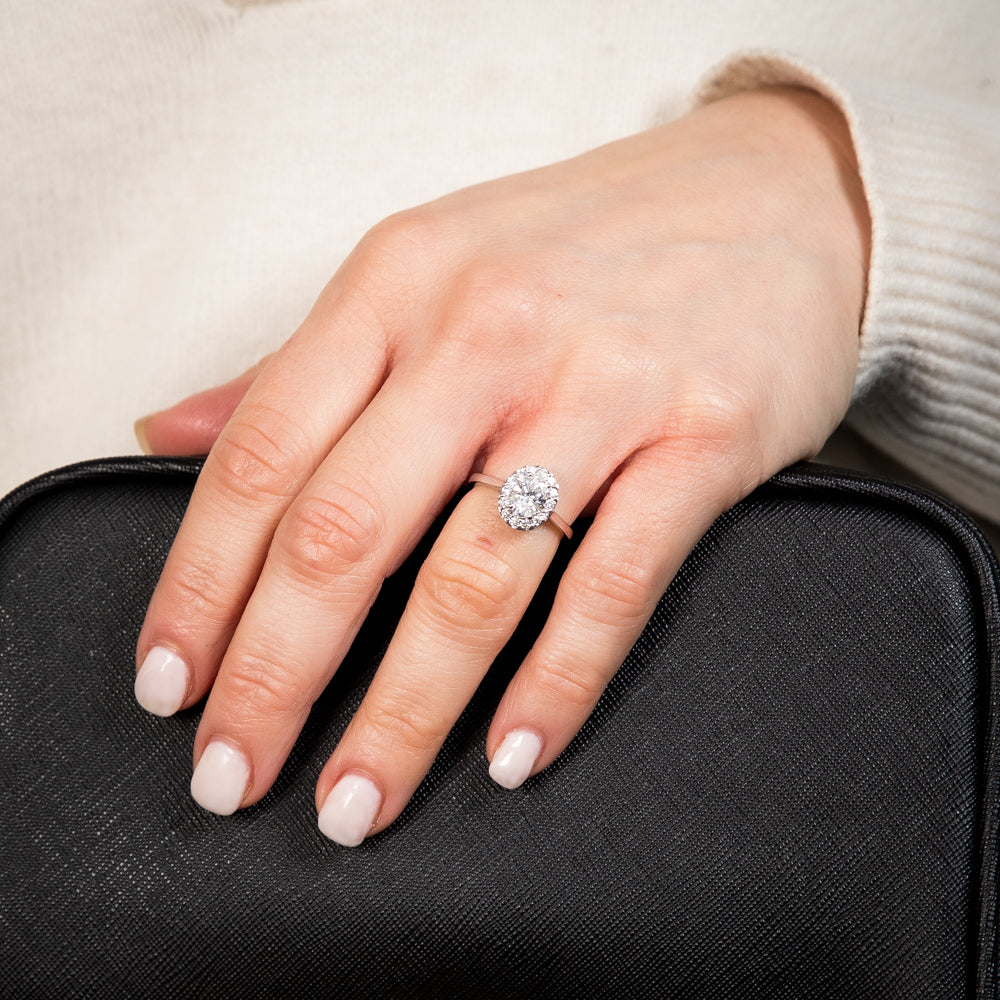
Language is powerful. It can move hearts, spark ideas, and change the world. But what makes certain words or speeches so memorable? One reason is a literary device called anaphora. By repeating a word or phrase at the beginning of sentences, speakers and writers grab attention, create emotion, and build rhythm. In this article, we’ll dive into the meaning of anaphora, explore famous anaphora examples, and help you learn how to use this tool in your own writing.
What Is Anaphora?
Anaphora is a simple but powerful technique. It happens when a writer or speaker repeats a word or group of words at the beginning of consecutive sentences or phrases. This repetition is not random — it’s meant to emphasize a key idea or feeling. Anaphora brings structure, rhythm, and force to language, making it more persuasive and memorable.
For example:
“We will rise. We will fight. We will win.”
Here, the phrase “We will” is repeated to drive a message of unity and strength. It’s short, clear, and easy to remember.
Why Is Anaphora Effective?
Anaphora works because humans respond to repetition. Repetition helps information stick in our minds. Think of your favorite song chorus or a catchphrase from a commercial — they stick with you because they repeat. The same idea works in writing.
Anaphora also creates rhythm. When your brain picks up a pattern, it becomes easier to follow and more satisfying to hear. This is why so many famous speeches and poems rely on anaphora examples to make their message stronger.
Famous Anaphora Examples in Speeches
Let’s explore some powerful anaphora examples from real-life speeches. These examples show how leaders have used repetition to make their words unforgettable.
1. Martin Luther King Jr. – “I Have a Dream”
One of the most famous anaphora examples in history comes from Martin Luther King Jr.’s speech during the March on Washington in 1963. He repeated the phrase “I have a dream” eight times in a row, each time sharing a vision of hope, freedom, and equality.
“I have a dream that one day…
I have a dream that my four little children…
I have a dream today…”
This repetition created rhythm, emotion, and unity. It captured hearts and minds — and still echoes today.
2. Winston Churchill – “We Shall Fight”
In 1940, during World War II, Winston Churchill addressed the British people with a strong message of resistance and courage. His repeated phrase “we shall fight” rallied a nation during dark times.
“We shall fight on the beaches,
we shall fight on the landing grounds,
we shall fight in the fields and in the streets…”
Each repetition made his resolve clearer, and each line built power.
3. Barack Obama – “Yes We Can”
Another modern anaphora example comes from Barack Obama’s 2008 campaign speeches. The phrase “Yes we can” became a global slogan of hope and change.
“Yes we can to justice and equality.
Yes we can to opportunity and prosperity.
Yes we can heal this nation.”
This repeated phrase gave people something to believe in and remember.
Anaphora in Literature and Poetry
Anaphora isn’t just for speeches — it’s also a favorite tool for poets and authors. It adds beauty, rhythm, and meaning to creative writing.
1. Charles Dickens – A Tale of Two Cities
The famous opening line of this novel is a classic anaphora example:
“It was the best of times,
it was the worst of times,
it was the age of wisdom,
it was the age of foolishness…”
By repeating “it was,” Dickens creates a rhythmic structure that pulls the reader in and reflects the contrasts of the story.
2. Walt Whitman – Song of Myself
Whitman often used repetition to express his ideas with energy and passion. In “Song of Myself,” he writes:
“I celebrate myself, and sing myself,
And what I assume you shall assume,
For every atom belonging to me as good belongs to you.”
Although more subtle, the structure of repetition helps unify the poem’s themes of unity and identity.
Everyday Anaphora Examples
You don’t need to be a famous poet or leader to use anaphora. In fact, you probably use it without even realizing it. Here are a few anaphora examples that show up in everyday conversations or simple writing:
-
“I want a better job. I want a better home. I want a better life.”
-
“She didn’t call. She didn’t text. She didn’t show up.”
-
“This is my dream. This is my goal. This is my moment.”
Each line repeats a phrase to emphasize emotion or determination. You can use the same technique in your personal stories, speeches, or even social media posts.
How to Use Anaphora in Your Writing
If you want to try anaphora in your own writing, follow these tips:
-
Choose a strong phrase or idea. Make sure it’s clear and emotionally meaningful.
-
Repeat it exactly. Don’t change words — keep the pattern the same.
-
Use it at the beginning of lines or sentences. That’s what makes it anaphora.
-
Don’t overdo it. Use it to create emphasis, but not so much that it feels repetitive or forced.
Try writing your own version like this:
“I will rise above doubt.
I will rise above fear.
I will rise above failure.”
This kind of repetition is simple, elegant, and powerful.
Conclusion: The Lasting Impact of Anaphora Examples
From ancient speeches to modern tweets, anaphora examples show how repetition can move people. It turns ordinary words into something memorable, emotional, and impactful. Whether you’re writing an essay, giving a speech, or just expressing your feelings, using anaphora can make your message stronger.
Take inspiration from famous speeches, literature, or even your own life. Use repetition wisely, and you’ll find your words not only sound better but also stay with your audience long after they’re spoken or read. That’s the real power of anaphora.






:max_bytes(150000):strip_icc()/GettyImages-1068425108-20a4b541eabd4a2ca790ad787953f841.jpg)
